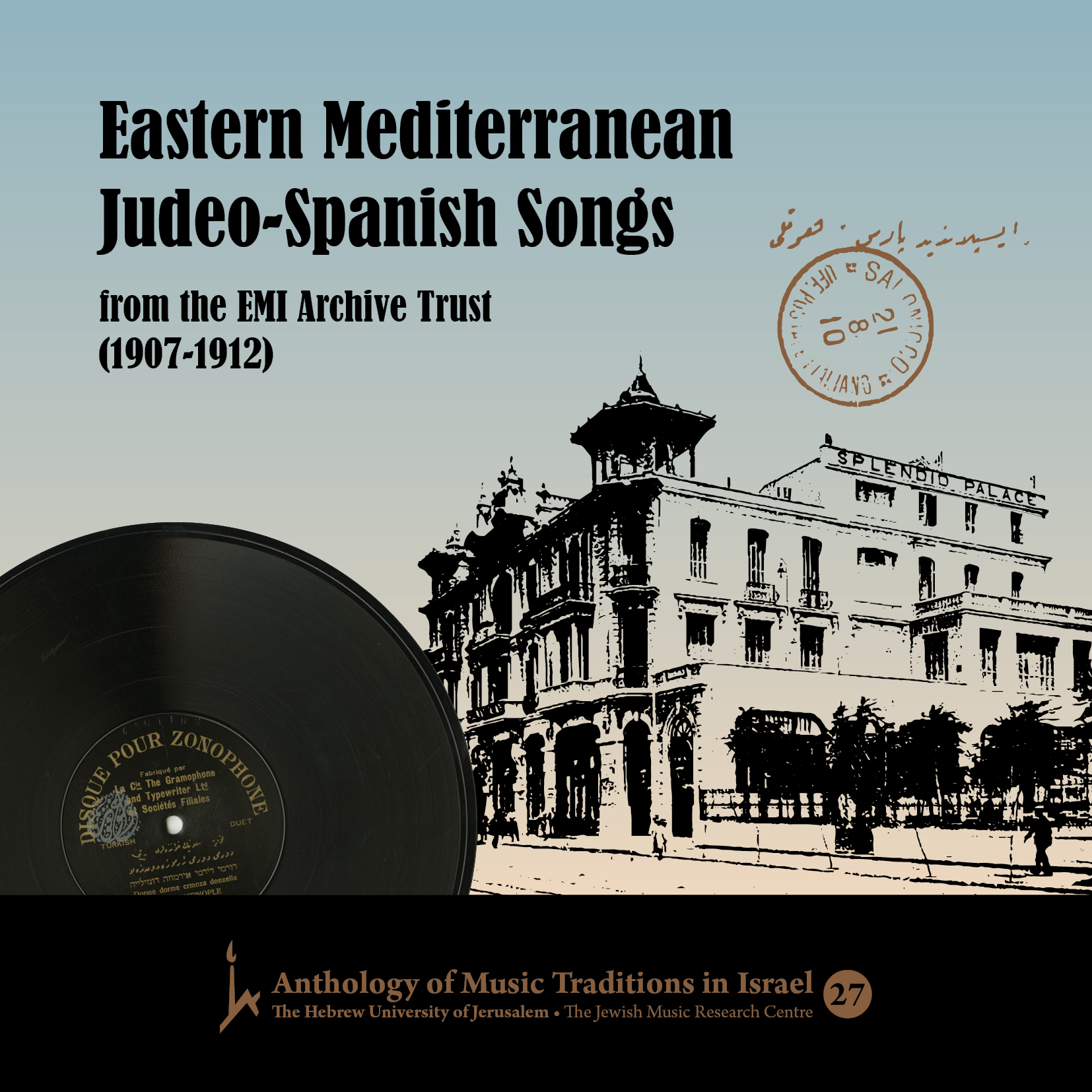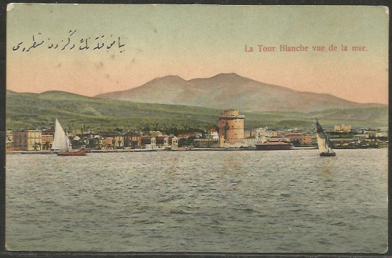Elie Cohen
60. Noche de alhad (Elie Cohen)
A paraphrase of the first stanza of the piyyut Be-moza’ei yom menuhah, this traditional Sephardic copla was probably the most popular Ladino song for Havdalah (outset of the Sabbath) throughout the Ottoman Empire. It appeared in manuscripts starting at the beginning of the eighteenth century and in song collections from the early twentieth century, such as Sefer renanot (Jerusalem, 1908, p. 1) and El buquieto de romanzas (Istanbul, 1926, p. 2) both published by Binyamin B. Yosef (see Romero 1988, no. 1 for the most complete version). Attias (1971, pp. 127-128) uncovered the name of its author, Rabbi Abraham Toledo, who was an important Sephardic Ottoman poet active in the late seventeenth and early eighteenth centuries and is renowned for his masterpiece, Coplas de Yosef hasadic. In addition to Elie Cohen’s rendition, it was also recorded by Haim Effendi ca. 1908 (2008, CD III, no. 6) and by Isaac Algazi in 1927 (Seroussi 1989, no. 23). Cohen’s version, presenting the traditional melody in makam Hüseyni, includes four stanzas and is quite similar to Algazi’s. Sephardic Ottoman Jews use this melody also for Lekha eli teshuqati by Abraham Ibn Ezra, a piyyut traditionally sung on Yom Kippur before Kol nidrei.
El Dio alto con su gracia
mos mande muncha ganancia,
non veamos mal ni ansia
a nos y a todo Israel.Veni todos ajuntemos
al su nombre bendeciremos
y de el demandaremos
la salvación de Israel.Damos Señor tu bendición
con la buena condición.
Amostramos tu salvación
a nos y a todo Israel.Ya es bien abastado
lo que habemos pasado.
Mandemos a el untado
mašiah de Israel.Yar, yarem, aman






